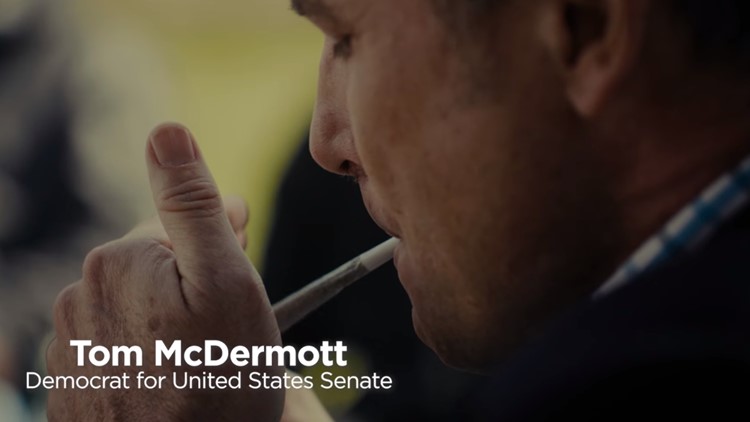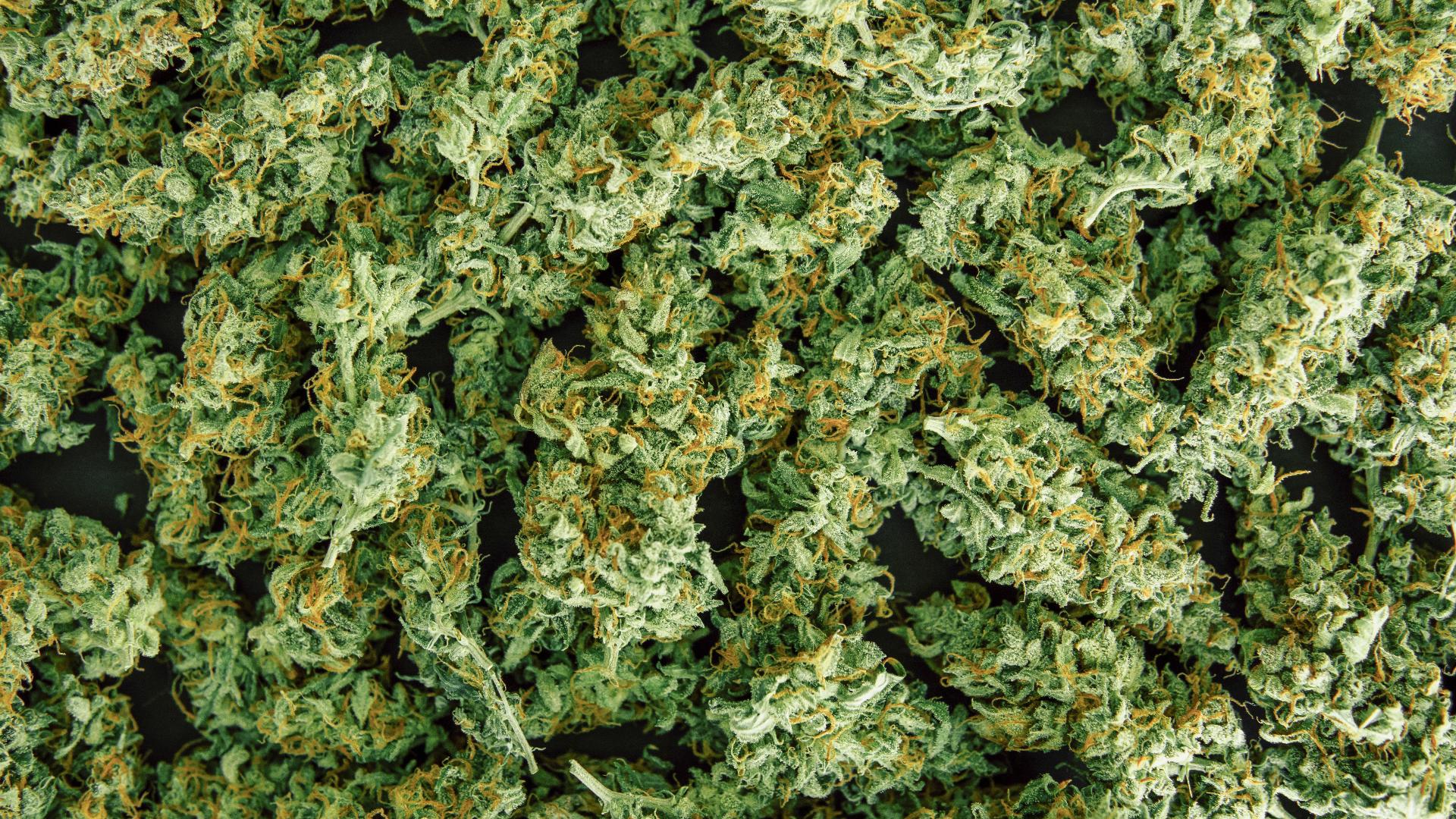INDIANAPOLIS — When the 2012 gubernatorial debate turned to the topic of marijuana reform, Libertarian nominee Rupert Boneham decried decades of prohibition that resulted in the jailing of about 10,000 Hoosiers a year. “It’s a plant,” he said as Republican Mike Pence and Democrat John Gregg looked on. “It’s a plant.”
A few weeks later, Indiana State Police Supt. Paul Whitesell made this startling personal observation before the State Budget Committee: "It's here, it's going to stay, there's an awful lot of victimization that goes with it. If it were up to me, I do believe I would legalize it and tax it, particularly in sight of the fact that several other states have now come to that part of their legal system as well."
A decade later – on Wednesday 4/20 – Republicans, Democrats and Libertarians gathered at an American Legion post on 54th Street all advocating marijuana reform, noting that it is legal in some form in 37 states, including Illinois and Michigan. It was the most conspicuous and across-the-spectrum demonstration of support ... ever … for ending reefer madness that fills our jails and denies medicinal pot to those in pain.
Democrat U.S. Senate candidate Thomas McDermott Jr., secretary of state candidate and military veteran Destiny Scott Wells, Marion County Prosecutor Ryan Mears, former Republican state senator and future gubernatorial candidate Jim Merritt, and Libertarian Chairman Evan McMahon gathered amongst American military veterans to advocate for this “plant” that is keeping many of them off opioids.
“Two and a half years ago, we made the decision not to prosecute marijuana cases,” Mears said. “One of groups to reach out to us was veterans, who told me about the pain and struggle they go through on a day-to-day basis. The use of cannabis has helped them manage their pain.”
McDermott, who released a TV ad Tuesday showing him legally smoking marijuana just across Hammond city limits in Illinois, added, “What it means to me is drug dealers will stop making exorbitant profits off the sale of black market marijuana. It means Hoosiers will no longer have to drive to Illinois and Michigan to purchase marijuana and break the law by crossing the state line if they do bring home, turning innocent Hoosiers into criminals. It means extra taxes for the state of Indiana. Nowadays with all the fentanyl use we’re seeing … it’s just a matter of time before that happens with black market marijuana. You buy it from a dispensary, you know it’s regulated by the state.”
McDermott, who is challenging U.S. Sen. Todd Young in November, added, “What we’re not advocating for is driving under the influence. Treat it just like alcohol. Don’t use it at work. It’s not for kids under age 21. That’s one of the positives about a dispensary because the drug dealer on the street doesn’t care if the kid is 14 years old, or 15 or 16. Dispensaries do; you have to have an ID to get in there.”
And Merritt, who told me he plans to declare for the 2024 gubernatorial race, added that in 2017, he wrote 24 pieces of legislation of which 17 became law with regards to opioids. He believes medical marijuana and CBDs are “absolutely helping people,” adding, “What the State of Indiana ought to do is have a full-throated conversation about this.”
I have long thought that marijuana should at least be decriminalized. It’s absurd that in 1937 with virtually no credible medical research, the federal government scheduled marijuana in the same category as heroin and morphine, a move opposed by the American Medical Association. With the state and nation facing an opioid and fentanyl crisis, outright marijuana legalization seemed irresponsible. But the veterans gathered at this American Legion Post offered another perspective.
"I was able to get off of 13 VA FDA prescribed medications by using hemp CBD and medical marijuana," Jason Straw said.
Jeff Staker, who heads Hoosier Veterans for Medical Cannabis, said he turned to marijuana after taking opioids for a decade. He used to experience 20 migraine headaches a month. “Last month,” I had only one," he said.
Gov. Eric Holcomb has said he will not act on even decriminalizing marijuana until the FDA reschedules it.
“I don’t question the potential positive impact it could have, but this needs to be done lawfully,” Holcomb said.
Yet earlier that day, Holcomb appeared with IndyCar driver Tony Kanaan, announcing a new ad campaign to address the average 17 daily suicides by military veterans.
“I think it’s our duty, quite frankly, as citizens of this nation and state, for those who are fortunate to make it back, to be there for them,” Holcomb said.
There is an overwhelming lack of information on all fronts here in Indiana. We don't know the extent of the black market, though a Harvard University study more than a decade ago claimed it was one of Indiana's largest cash crops (it's No. 1 in Kentucky, over tobacco). We don't know the cumulative costs of interdiction, prosecution, corrections, probation, loss of wages and the 100,000 Hoosiers each decade who end up with a criminal record, which is about how many unfilled jobs in the state.
The columnist is publisher of Howey Politics Indiana at www.howeypolitics.com. Find Howey on Facebook and Twitter @hwypol.



